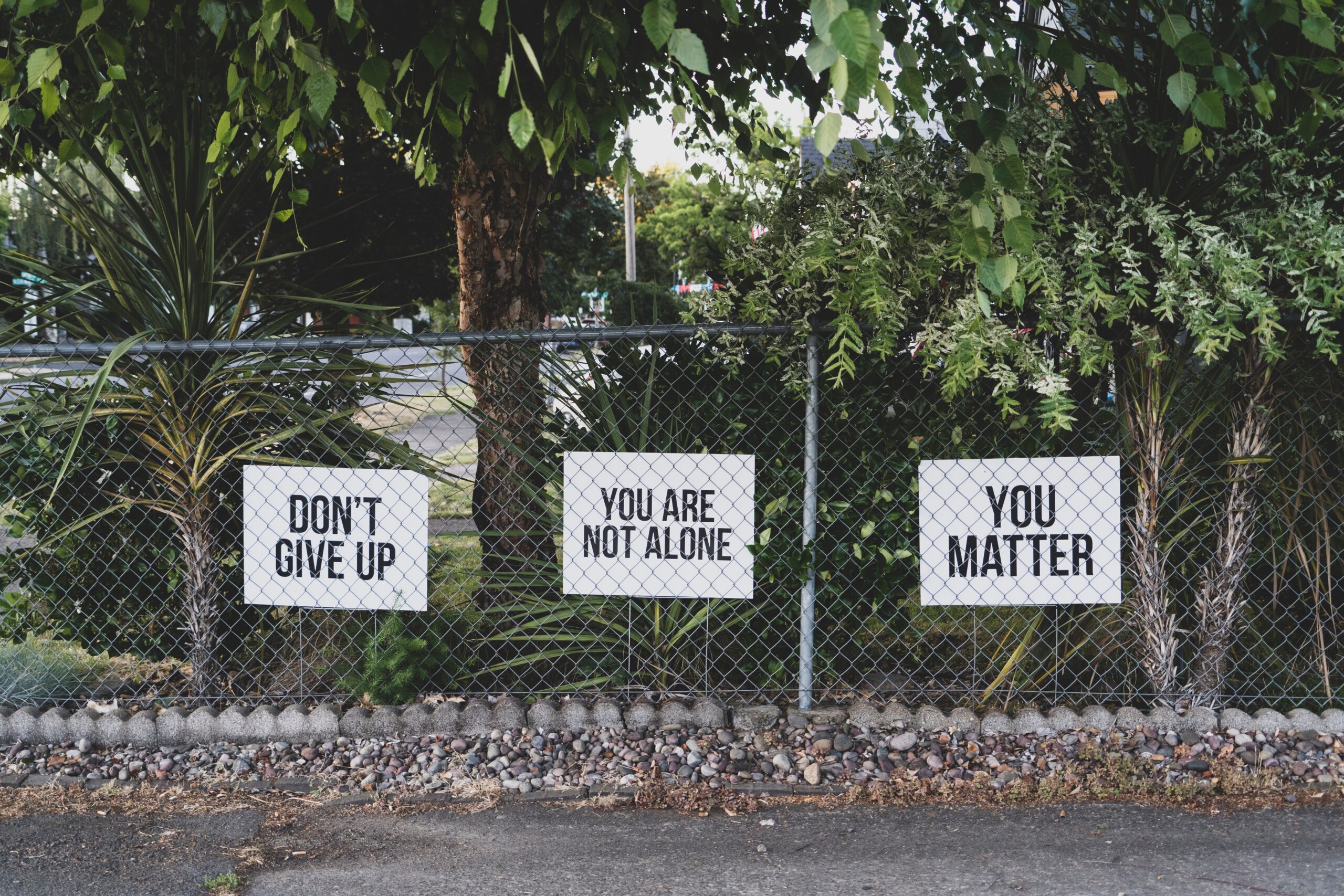When faced with the decision to enter inpatient treatment for drug or alcohol addiction, understanding what a typical day looks like can ease anxieties and provide clarity. Inpatient care, often referred to as residential treatment, offers a structured, supportive environment for recovery. But what exactly does a day in the life of someone in inpatient treatment look like?
Morning: Awakening to Structure and Reflection
The day usually begins early in inpatient facilities. Wake-up calls, often around 7:00 AM, are followed by personal morning routines and a nutritious breakfast. Nutrition plays an integral role in the recovery process, replenishing the body and promoting physical well-being.
Post-breakfast, many centers offer morning meditation or brief group sessions. This helps set a positive tone for the day, allowing patients to reflect on their goals and progress.
Mid-Morning to Afternoon: Therapy and Learning
The bulk of therapeutic activities occur during these hours. Patients often participate in:
Individual Therapy: Personalized sessions with trained therapists focus on understanding the root causes of addiction, behavioral patterns, and building coping strategies.
Group Therapy: Engaging with peers in a group setting promotes mutual support, understanding, and shared recovery experiences.
Educational Workshops: These offer valuable insights into the science of addiction, its impact on the body and mind, and strategies for lasting recovery.
Breaks are interspersed between sessions, and a balanced lunch further supports the body’s healing process.
Late Afternoon: Holistic and Recreational Activities
As the intensive therapy sessions conclude, the late afternoon paves the way for holistic and recreational therapies. Activities like yoga, art therapy, or fitness sessions help patients explore non-verbal healing methods and build new, healthy habits. These also serve to alleviate stress and promote mental well-being.
Evening: Winding Down and Reflecting
Dinner in inpatient centers is more than just a meal—it’s an opportunity for community bonding. Sharing meals fosters connections between patients, strengthening the support system vital for recovery.
Post-dinner, some facilities offer evening group sessions or free time. This period is an opportunity to relax, journal, or engage in leisure reading.
Night: Rest and Rejuvenation
After a day filled with therapy, learning, and activities, a good night’s sleep is essential. Sleep promotes physical healing, mental clarity, and emotional balance—all crucial components of recovery.
The structure of inpatient treatment provides a balance between therapeutic activities, personal reflection, and recreation. Each day is designed to promote holistic healing, ensuring that patients not only recover from addiction but also learn to build a healthier, more fulfilling life. As each facility varies slightly in its schedule, it’s important to consult with specific centers about their daily routines. But one thing remains consistent: every day in inpatient treatment is a step towards a brighter, sober future.
